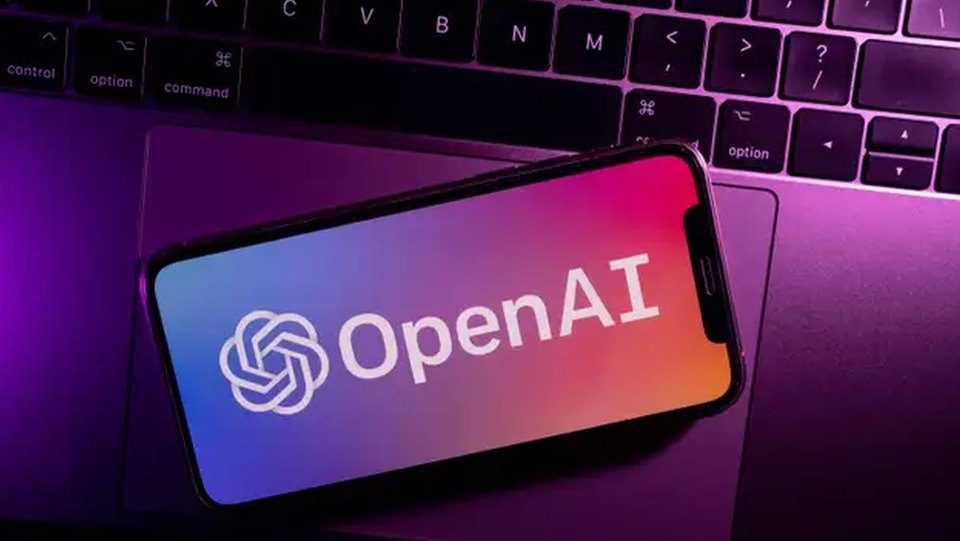ChatGPT refusing to say five things - Technology - Dunya News
ChatGPT users have expressed their concerns regarding the AI bot's limitations in mentioning certain names. OpenAI recently addressed a glitch that caused ChatGPT to be unable to say the name 'David Mayer'. While this particular issue has been resolved, there are still several other names that trigger error messages, leaving users puzzled.
Privacy Concerns and Data Biases
Over the weekend, users discovered that ChatGPT would abruptly end a conversation if prompted to write 'David Mayer', simply responding with, "I'm unable to produce a response." OpenAI remained silent on the exact cause of the problem initially, but by Tuesday, the issue seemed to have been rectified.
When questioned about the initial inability to mention the name, ChatGPT suggested that it could be linked to privacy concerns, data biases, incomplete datasets, and potential filtering issues. The AI bot acknowledged the importance of continuous updates to address these shortcomings, enhancing its overall understanding and inclusivity across various subjects and names.

While the recent update allows ChatGPT to mention 'David Mayer', there are still unresolved issues with other names such as 'David Faber', 'Brian Hoods', 'Guido Scorza', 'Jonathan Turley', and 'Jonathan Zittrain'.
Legal Implications and Speculations
Speculations arose among ChatGPT users, suggesting that the restriction on mentioning certain names could be related to GDPR requests. Under the General Data Protection Regulation (GDPR), tech companies are obligated to remove individuals' names and data from their systems upon request.

One of the affected names, 'Jonathan Zittrain', possibly refers to a prominent Harvard Law School professor specializing in artificial intelligence. On the other hand, 'Jonathan Turley', a professor at George Washington University Law School, previously accused ChatGPT of defamation based on a blog post.
User Concerns and Tech Platform Censorship
ChatGPT users have expressed worries regarding the AI bot's restricted ability to mention select names, highlighting apprehensions about censorship on major tech platforms. Some users believe that the stringent control over ChatGPT is aimed at safeguarding the interests of influential individuals.
Furthermore, there are concerns that attempts to erase personal information from tech platforms through GDPR requests or legal actions could lead to unintended consequences, such as the Streisand effect, where efforts to conceal information inadvertently attract more attention.




















